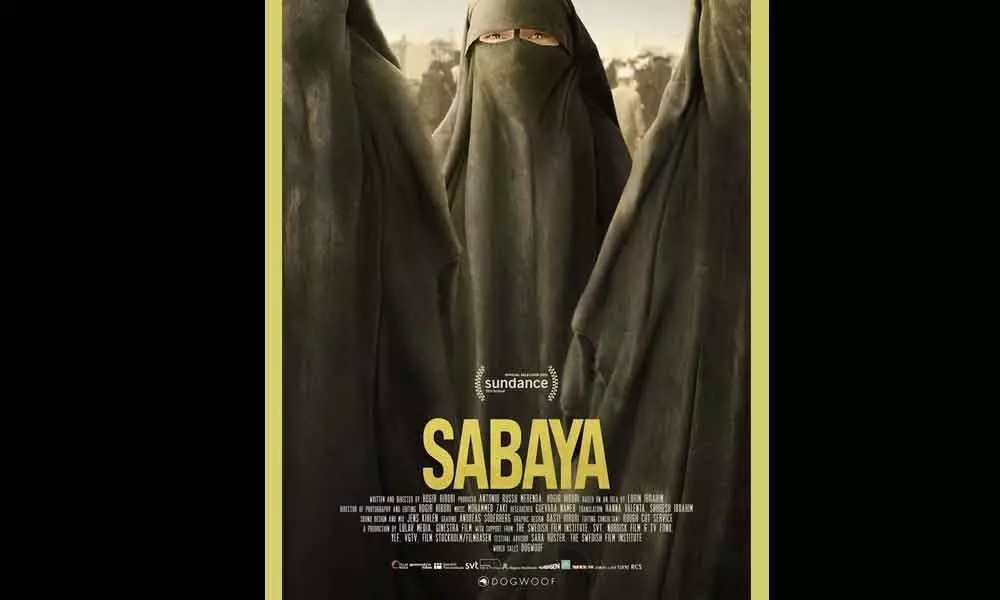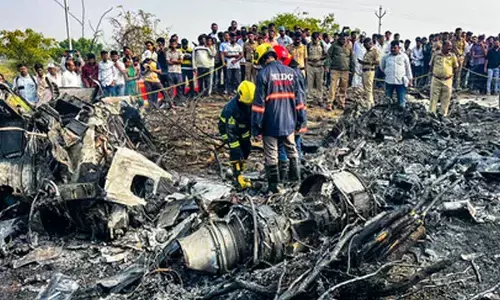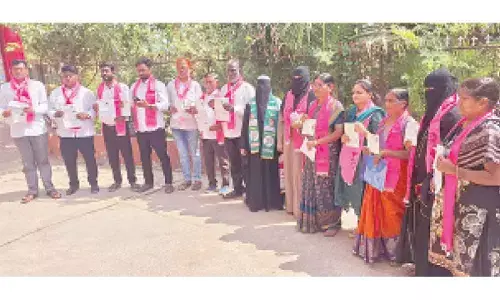Documentary on Yazidi sex slaves lands in consent row

Documentary on Yazidi sex slaves lands in consent row
The producer of the Sundance prize-winning Swedish documentary, 'Sabaya', has defended himself against an investigative story published in 'The New York Times' claiming that many of the Yazidi women portrayed in the film had never agreed to be a part of it, according to a report in Variety.com.
The producer of the Sundance prize-winning Swedish documentary, 'Sabaya', has defended himself against an investigative story published in 'The New York Times' claiming that many of the Yazidi women portrayed in the film had never agreed to be a part of it, according to a report in Variety.com.
The much-acclaimed film, directed, shot and edited by Hogir Hirori, follows the actions of a group that, braving all kinds of risks, sets out to rescue Yazidi women held by the ISIS as sex slaves in the Middle East's most dangerous Al-Hawl camp.
In a statement issued on Thursday evening, the producer, Antonio Russo Merenda, said that director Hirori and he had "received written, verbal or filmed consent from everyone who appears" in 'Sabaya', and from the legal guardian of the young girl who is featured in the film.
Merenda also provided statements from one of the main female protagonists of 'Sabaya', as well as from a Syrian Kurdish filmmaker who worked with Hirori. He also presented a letter from the Swedish Film Institute, which had financed the documentary.
'The New York Times' article, according to Variety.com, claimed the women portrayed in the film received the consent forms electronically and in English -- a language they did not understand -- almost two years after they'd been filmed and after the movie had been screened.
The director had said to the 'Times' that he "initially recorded verbal consent from the women" and planned on having them sign the written releases during his next trip, but he had been delayed because of the pandemic.
Merenda said in his statement that 'Sabaya' is "a Swedish production following Swedish law," which says that "written, verbal and filmed consent are equally valid."
He also said the releases "were provided in both Arabic (the official language in both Syria and Iraq) and English."








